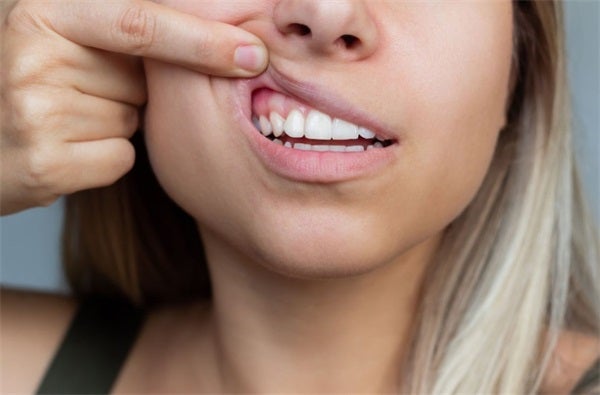As winter sets in across the UK, many of us are bundling up, layering our clothing, and switching to warmer foods and drinks. However, the cold, damp British winter brings unique challenges for oral health too. From increased tooth sensitivity to changes in daily routines, winter can impact your teeth in surprising ways. Here’s a look at the main issues UK residents may face with their teeth during the colder months and practical steps to keep your smile healthy all winter long.
If you notice increased sensitivity or any unusual discomfort this winter, a quick visit to your local dentist can help address these issues and keep your smile healthy all season.
1. Increased Tooth Sensitivity Due to Cold Air
In the UK’s chilly winters, cold air is a common trigger for tooth sensitivity. Breathing in cold air or even sipping on hot drinks outdoors can cause sudden, sharp discomfort if you have exposed dentin (the layer beneath your enamel).
Solution: Try breathing through your nose when you’re outside to avoid direct exposure to cold air on your teeth. Use a scarf over your mouth for extra warmth. Switching to toothpaste designed for sensitive teeth can also help reduce sensitivity over time.
2. The Temptation of Hot, Sugary Drinks
As winter temperatures drop, many of us indulge in hot drinks to stay cosy, from tea and coffee to seasonal favourites like mulled wine and hot chocolate. However, these hot drinks, especially those with added sugar, can lead to enamel erosion and increase the risk of cavities.
Solution: Enjoy your hot drinks in moderation, and consider switching to sugar-free options or adding less sugar when possible. Rinse your mouth with water after consuming hot, sugary drinks to reduce their impact on your enamel.
3. Dry Mouth from Indoor Heating
As UK homes and offices crank up the central heating, the dry indoor air can lead to a decrease in saliva production, resulting in dry mouth. Saliva is essential for washing away food particles and neutralising acids, so a dry mouth can lead to an increased risk of decay and discomfort.
Solution: Stay hydrated by sipping water throughout the day, especially if you’re indoors with the heating on. Sugar-free chewing gum can also help stimulate saliva production to keep your mouth moist and balanced.
4. Seasonal Changes in Diet Affecting Oral Health
Winter in the UK often means a shift toward comfort foods, which may be higher in carbohydrates and sugars. Traditional holiday treats like mince pies, Christmas pudding, and toffees can all contribute to plaque buildup, enamel erosion, and cavities.
Solution: Balance your diet with tooth-friendly foods like cheese, leafy greens, and nuts, which can help neutralise acids and provide essential minerals for teeth. After enjoying seasonal treats, rinse with water or brush about 30 minutes after eating to remove food particles and acids.
5. Increased Risk of Chipping Due to Cold and Hard Foods
Wintertime often includes harder seasonal treats like nuts and toffee, which, combined with the brittleness that cold temperatures can bring to teeth, can increase the risk of chipping or cracking teeth.
Solution: Avoid biting down directly on hard foods, especially if you have fillings or crowns. If you’re enjoying nuts or hard sweets, opt for smaller pieces and chew them gently to prevent damage.
6. Gum Health and Winter Illnesses
The UK’s winter cold and flu season can take a toll on your gums. Many over-the-counter cold medications are high in sugar or can dry out your mouth, increasing the risk of plaque buildup and gum irritation.
Solution: Choose sugar-free versions of cold medicines whenever possible and remember to stay hydrated. If you’re using cough drops or lozenges, look for sugar-free options to protect your gums and teeth.

7. Combatting Winter Blues with a Smile
Winter can also affect mental well-being, with shorter days and less sunlight contributing to seasonal affective disorder (SAD). Smiling releases endorphins and has positive effects on mood, so taking care of your smile can contribute to better mental health.
Solution: Maintain your oral care routine even when you’re feeling the winter blues. Brushing, flossing, and caring for your smile can make you feel better and keep you motivated, even on grey days.
Conclusion
The British winter can be tough on your teeth, but a few simple adjustments to your routine can make all the difference. From protecting your teeth against cold sensitivity to maintaining a tooth-friendly diet, these tips will help keep your smile healthy and strong all season long. Embrace the winter months with a smile and keep your oral health on track, no matter the weather.